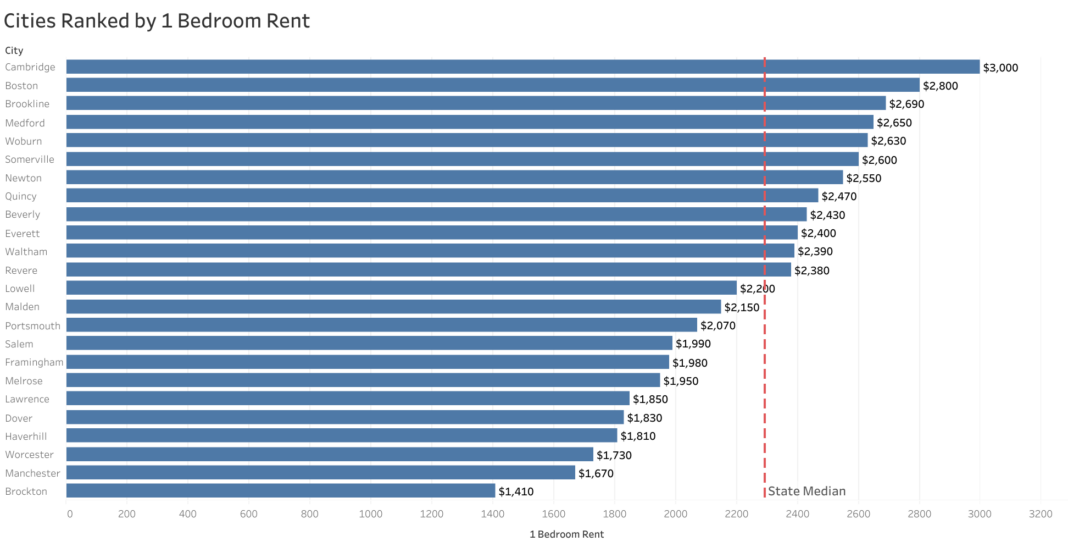

How does the Boston real estate market compare to other major U.S. cities?
The Boston real estate market is known for its unique characteristics and strong performance compared to other major U.S. cities. Let's take a closer look at some key factors that differentiate Boston from its counterparts.
Housing Prices
Boston's real estate market is known for its high housing prices, which consistently rank among the highest in the nation. According to the Zillow Home Value Index, the median home value in Boston is $674,000 as of the latest data. This places Boston in the top tier of expensive cities alongside San Francisco, New York City, and Los Angeles.
Rental Market
Boston also has a competitive rental market, driven by its large student population and strong job market. The average rent for a one-bedroom apartment in Boston is around $2,500 per month, making it one of the most expensive rental markets in the country. This is significantly higher than the national average, which hovers around $1,200 per month.
Supply and Demand
The Boston real estate market experiences high demand, but the supply of available housing is limited. This imbalance between supply and demand contributes to the high housing prices. The city's strong economy, prestigious universities, and cultural attractions attract a steady stream of new residents, further driving up demand.
Historical Appreciation
Boston's real estate market has historically shown strong appreciation rates. Over the past decade, home values in Boston have increased by an average of 4-5% annually. This consistent growth has made real estate in Boston an attractive investment option for both local and international buyers.
Comparisons to Other Major Cities
When comparing Boston to other major U.S. cities, it's important to consider factors such as population growth, job market, and quality of life. While Boston may have higher housing prices compared to cities like Chicago or Houston, it also offers a higher median household income and a lower unemployment rate.
For example, according to the U.S. Census Bureau, the median household income in Boston is $71,834, compared to the national median of $61,937. The city's low unemployment rate of around 3% also indicates a strong job market.
Additionally, Boston's rich history, cultural attractions, and world-renowned universities contribute to its desirability as a place to live and invest in real estate. These factors, combined with the city's steady population growth and limited housing supply, contribute to the strong performance of the Boston real estate market.
References:
Related Posts
© 2025 Invastor. All Rights Reserved

User Comments